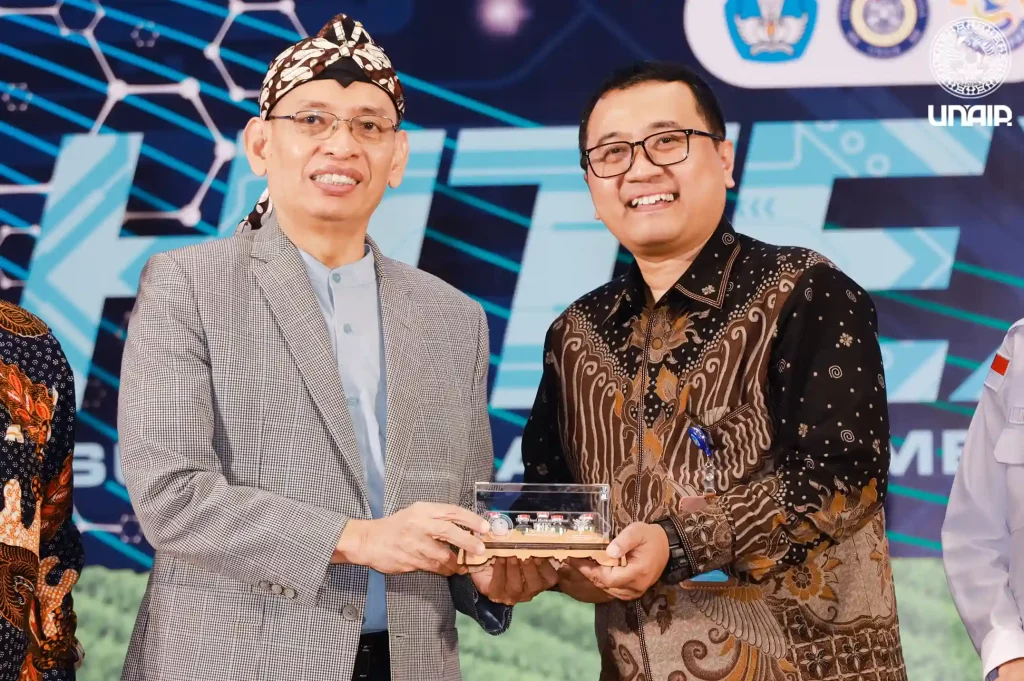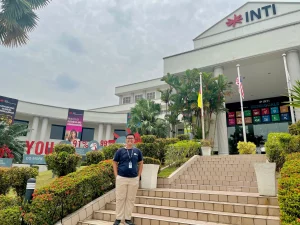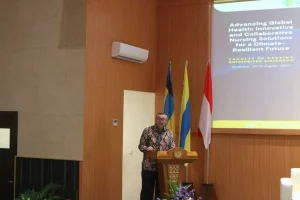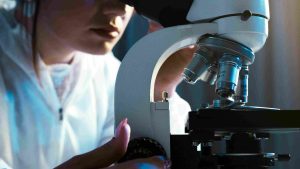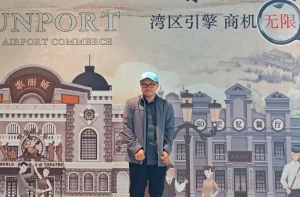UNAIR NEWS – In a showcase of innovation and scientific advancement, Universitas Airlangga (UNAIR) held a large-scale national research exhibition on Tuesday and Wednesday, May 20–21, 2025, at the Airlangga Convention Center, MERR-C Campus. Titled HITEX (Research Invention & Community Development Exhibition), the event featured cutting-edge research from UNAIR scientists and welcomed participation from 24 state universities with legal status (PTN-BH) across Indonesia.
Demonstrating its commitment to research and technological development, UNAIR officially handed over seed stocks for two newly developed vaccines. These include a vaccine for African Swine Fever (ASF) and another for Foot-and-Mouth Disease (FMD), both of which affect cloven-hoofed livestock.
Delivering research with real-world impact
During the event, UNAIR Rector Prof. Dr. Mohammad Nasih, M.T., Ak., C.A., symbolically handed over the vaccine seed stocks to partners, a step toward scaling up production and commercialization. He emphasized the importance of impactful, socially beneficial research in higher education.
“These vaccines have been in development for quite some time. We collaborated with the Indonesian Quarantine Agency throughout the process. Reaching the partnership phase presents its own challenges, as careful market analysis is required to ensure not only efficacy but also commercial viability,” Prof. Nasih explained.
He noted that UNAIR welcomes government-assigned research programs, especially those that offer significant societal impact. He added that government support is essential in streamlining and accelerating the research-to-market process.
“In terms of market adoption, products that aren’t part of government initiatives may face obstacles. That’s why we hope government-backed assignments will help extend the reach of our research. Such collaboration is key to developing and scaling innovations at the national level,” said the Professor of Economics and Business.
Message from Ministry
Echoing the rector’s remarks, Prof. Yos Sunitiyoso, S.T., M.Eng., Ph.D., Director of Downstreaming and Partnerships at the Directorate General of Research and Development, Ministry of Higher Education, Science and Technology, stated that university innovation must not remain confined to laboratories—it must serve the broader community.
“The vaccine development efforts showcased here are a strong example of how research can go beyond publications and prototypes. When innovations reach industry and benefit society, that’s when their true value is realized. We fully support such efforts and are ready to serve as a platform for further development,” he concluded.
Author: Rifki Sunarsis Ari Adi
Editor: Yulia Rohmawati


